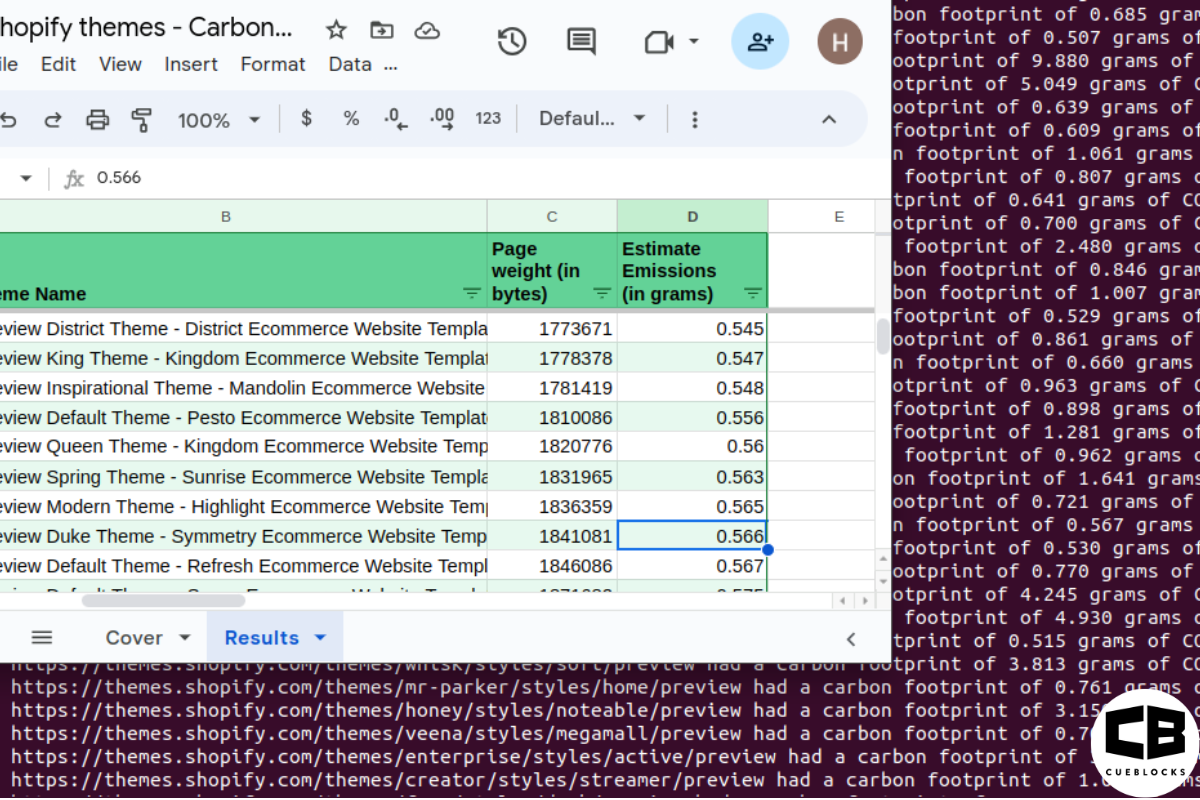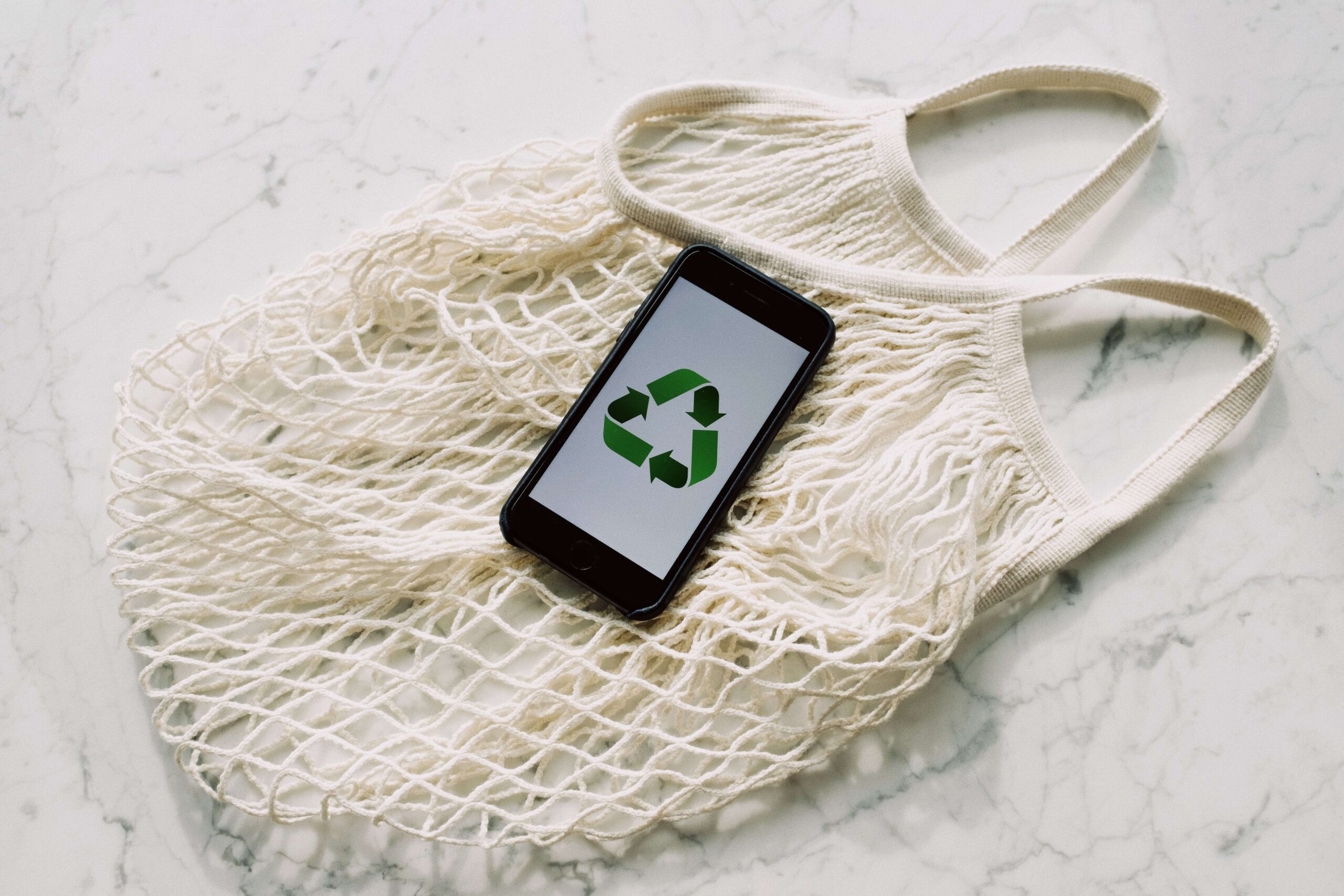
How long is a startup a startup?
Jason from 37Signals brought up a very interesting question on their official blog recently:
This is what he had to say:
“We’re grateful for the press we’re getting. However, there’s one thing that makes us cringe: Many people still tag us a startup. <!–more–>
We’ve been in business since 1999. Basecamp, the product we’re best known for now, was released back in February 2004. Early 2004 was before AJAX, “Web 2.0,” and even Ruby on Rails (we didn’t put that out until the end of July that year). We’ve since released four other products and written a book.
We’ve seen the same thing with Flickr (Ludicorp), Six Apart, Threadless (which has been around since 2001, and, according to Wired, is expecting $20,000,000 in revenues this year), and other established players. Is this just poetic license or is the line really that blurry?
What does it take for a startup to leave the startupsphere?”
People came back with lot’s of interesting comments like a start up is a start up till the time it’s self sustaining, till revenues increase expenses, profitability and a lot of other stuff like that.
63 comments later there was still no definite answer or consensus to it. Probably it’s just the subjective nature of the question. But any how here is my take on this:
For me a startup is a hard core time thing varying on the basis of industry. I think for the internet focused companies a time period of around 3 years qualifies as a startup period. This is the period when the new company gets to know if it is for real and there to stay. The number of products a company has launched or the revenues they make might be small or big to different people.
Let’s take a small example: A company which has been in business for 10 years and making no money cannot be classified as a startup. For me it’s just a poorly performing company. On the other hand a company making $100 million in its first year will still be classified as a startup but a very well performing startup.
- About the Author
- Latest Posts
-
Evaluating the Carbon Emissions of Shopify Themes
by Harleen Sandhu
Committing to green claims as a business is a huge promise to deliver on. For ecommerce stores, Shopify is leading …
Continue reading “Evaluating the Carbon Emissions of Shopify Themes”
-
Dark Mode: Accessibility vs Sustainable Web Design
by BalbirIntroduction Dark mode, a feature that lets users switch the color scheme of an app or website to darker colors, …
Continue reading “Dark Mode: Accessibility vs Sustainable Web Design”
-
Discover Essential Sustainable Marketing Principles and Strategies for Ethical Business Growth
by Pancham Prashar
Given the major issues that our world is currently facing, such as pollution and climate change, sustainability becomes an inevitable …
-
Show, Don’t Tell: Demonstrating Transparency in Your eCommerce Store
by Pancham PrasharFor an eCommerce brand committed to good, success goes beyond creating excellent products; it extends to effectively communicating your values …
Continue reading “Show, Don’t Tell: Demonstrating Transparency in Your eCommerce Store”
-
How to Market Sustainable Products Effectively
by Nida Danish
In today’s market, sustainability has evolved from a passing trend to a pivotal consideration for both consumers and businesses. Globally, …
Continue reading “How to Market Sustainable Products Effectively”
-
Decoding B Corp Marketing Challenges: Strategies for Success
by Nida DanishToday, businesses place high importance on sustainability and ethical practices. For B2B and e-commerce leaders, being a certified B Corp. …
Continue reading “Decoding B Corp Marketing Challenges: Strategies for Success”




